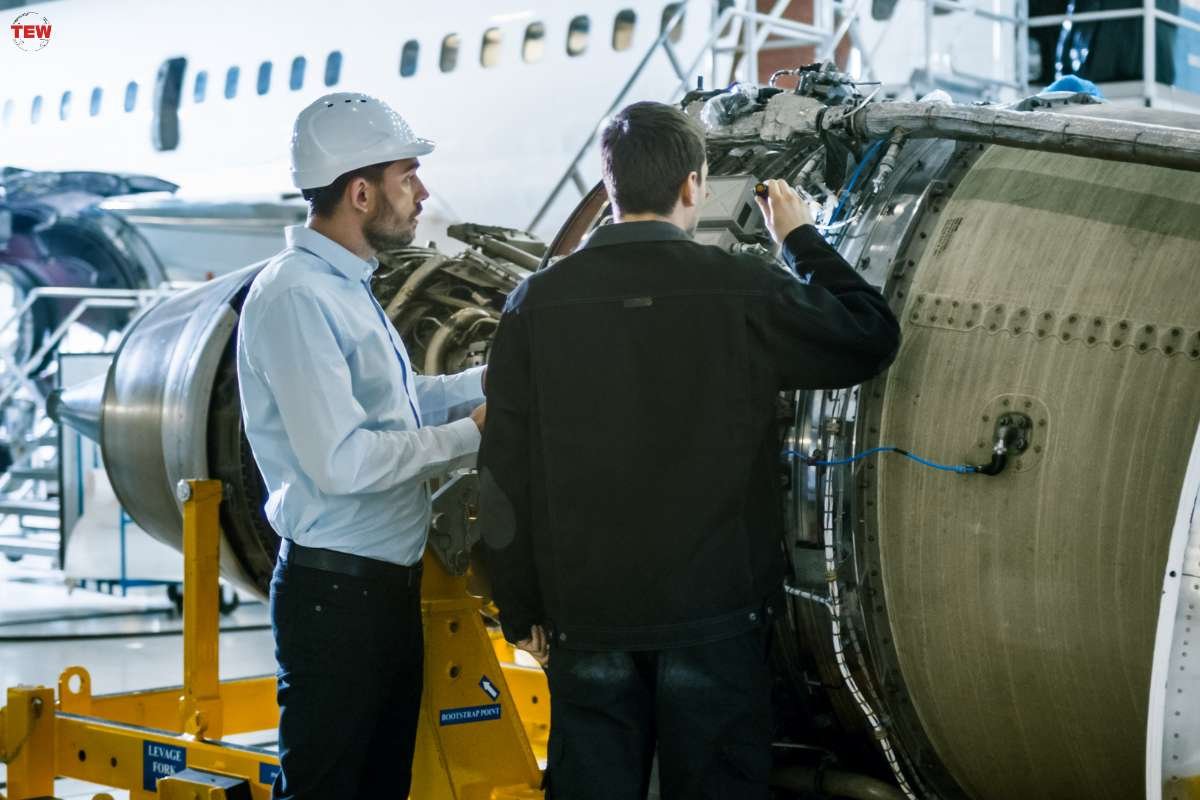Industrial plant valves are critical components in various manufacturing processes, playing a vital role in regulating the flow of fluids and gasses. Ensuring these valves’ reliability and optimal performance is crucial for maintaining efficient operations, preventing costly downtime, and ensuring the safety of personnel and equipment.
This article will explore essential maintenance and troubleshooting tips for industrial plant valves, helping plant operators and maintenance personnel to maximize valve reliability and minimize disruptions.
Regular maintenance and inspection

Regular maintenance and inspection are crucial to preserving the reliability of industrial plant valves such as https://valveman.com/valves/actuated-ball-valves/.
Here are some maintenance practices for reliability of industrial plant valves to follow:
1. Lubrication:
Proper lubrication is essential for the smooth operation of valves. Regularly lubricate valve stems, bearings, and seals according to the manufacturer’s recommendations. Ensure the use of compatible lubricants and follow proper lubrication procedures.
2. Cleaning:
Valves can accumulate debris, scale, or deposits over time, affecting performance. Periodically clean valves to remove any build-up that can hinder proper operation. Use appropriate cleaning agents and methods, considering the type of valve and the nature of the contaminants.
3. Sealing integrity:
Check valve seals and gaskets for wear, cracks, or leaks. Replace damaged seals promptly to maintain proper sealing integrity and prevent leakage. Inspect valve seats and seals for signs of erosion or corrosion, which can compromise their effectiveness.
4. Actuator maintenance:
If valves are equipped with actuators, ensure regular inspection and maintenance of these components. Check for proper alignment, lubricate moving parts, and address any actuators’ electrical or pneumatic systems issues.
Troubleshooting common industrial plant valves issues

Despite regular maintenance, industrial plant valves may encounter issues that require troubleshooting.
Here are some common valve problems and their potential solutions:
1. Leakage:
Valve leakage can result from worn seals, damaged seats, or improper installation. Inspect valve seals, gaskets, and seats for signs of wear or damage. Tighten bolts or fasteners as necessary. If leakage persists, consider replacing seals or addressing underlying issues.
2. Sticking or binding:
Valves that stick or bind during operation can disrupt the flow and affect system performance. Identify the cause of sticking, such as debris, corrosion, or inadequate lubrication. Clean the valve internals, apply appropriate lubrication, and ensure smooth movement of the valve components.
3. Noise and vibration:
Excessive noise or vibration during valve operation may indicate a misaligned or improperly installed valve. Check for proper alignment, tighten connections, and verify that the valve is securely mounted. Damaged or worn-out parts, such as valve trim or bearings, may also contribute to noise and vibration and should be addressed.
4. Inconsistent performance:
If a valve exhibits inconsistent or erratic performance, investigate potential causes such as inadequate actuator response, incorrect control signal, or improper sizing. Verify the control system settings are correct and ensure proper communication between the control system and the valve actuator.
Training and documentation
Proper training and documentation are crucial for effective valve maintenance and troubleshooting. Establish comprehensive training programs for operators and maintenance personnel, covering valve operation, maintenance procedures, and troubleshooting techniques. Emphasize the importance of following manufacturer guidelines and industry best practices.
Maintain up-to-date documentation that includes valve specifications, installation instructions, maintenance schedules, and troubleshooting guidelines. This documentation should be readily accessible to valve maintenance and troubleshooting personnel, ensuring consistent and standardized practices across the plant.
Valve failure analysis and improvement

Even with proper maintenance practices in place, valve failures can still occur. Failure analysis is essential to identify the root causes and implement improvement measures.
Here are some steps to consider:
1. Failure investigation:
Conduct a thorough investigation to determine the underlying cause of a valve failure. This may involve examining failed components, reviewing maintenance records, and analyzing operational conditions. Identify any design flaws, material weaknesses, or operating parameters that contributed to the failure.
2. Corrective actions:
Based on the findings of the failure analysis, implement appropriate corrective actions. This can include redesigning components, selecting more robust materials, adjusting operational parameters, or modifying maintenance procedures. Ensure that lessons learned from the failure are applied to prevent similar incidents in the future.
3. Continuous improvement:
Foster a culture of continuous improvement by actively seeking feedback from maintenance personnel, operators, and other stakeholders. Encourage suggestions for optimizing valve performance, reliability, and maintenance practices. Implement innovative technologies or methodologies that enhance valve efficiency and minimize downtime.
By incorporating preventive maintenance strategies and conducting thorough failure analysis, industrial plants can enhance the reliability of their valves and improve overall operational efficiency. A proactive approach to valve maintenance will reduce the risk of failures and contribute to a safer and more productive working environment.
All things considered
Industrial plant valves’ reliability and optimal performance are essential for smooth operations and efficient manufacturing processes. By following regular maintenance practices, conducting thorough inspections, and addressing common valve issues through troubleshooting, plant operators can enhance valve reliability, minimize downtime, and ensure safe and efficient plant operations.
Investing in comprehensive training programs and up-to-date documentation will empower maintenance personnel to effectively maintain and troubleshoot valves, contributing to a more reliable and productive industrial plant environment.





